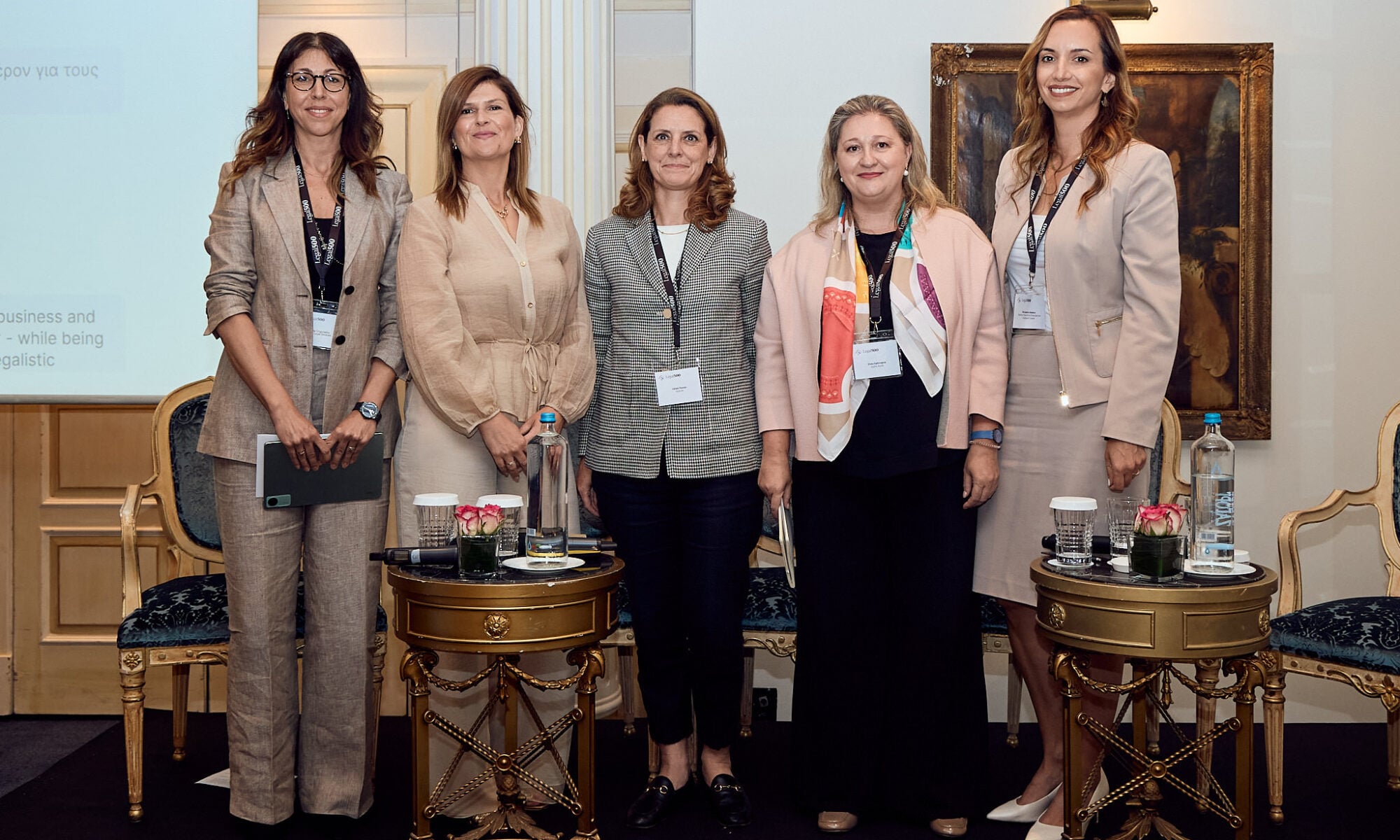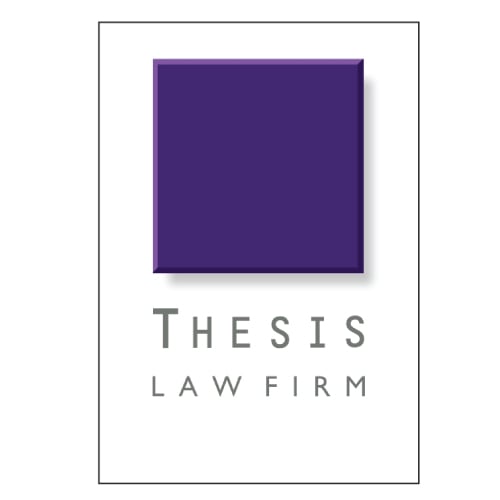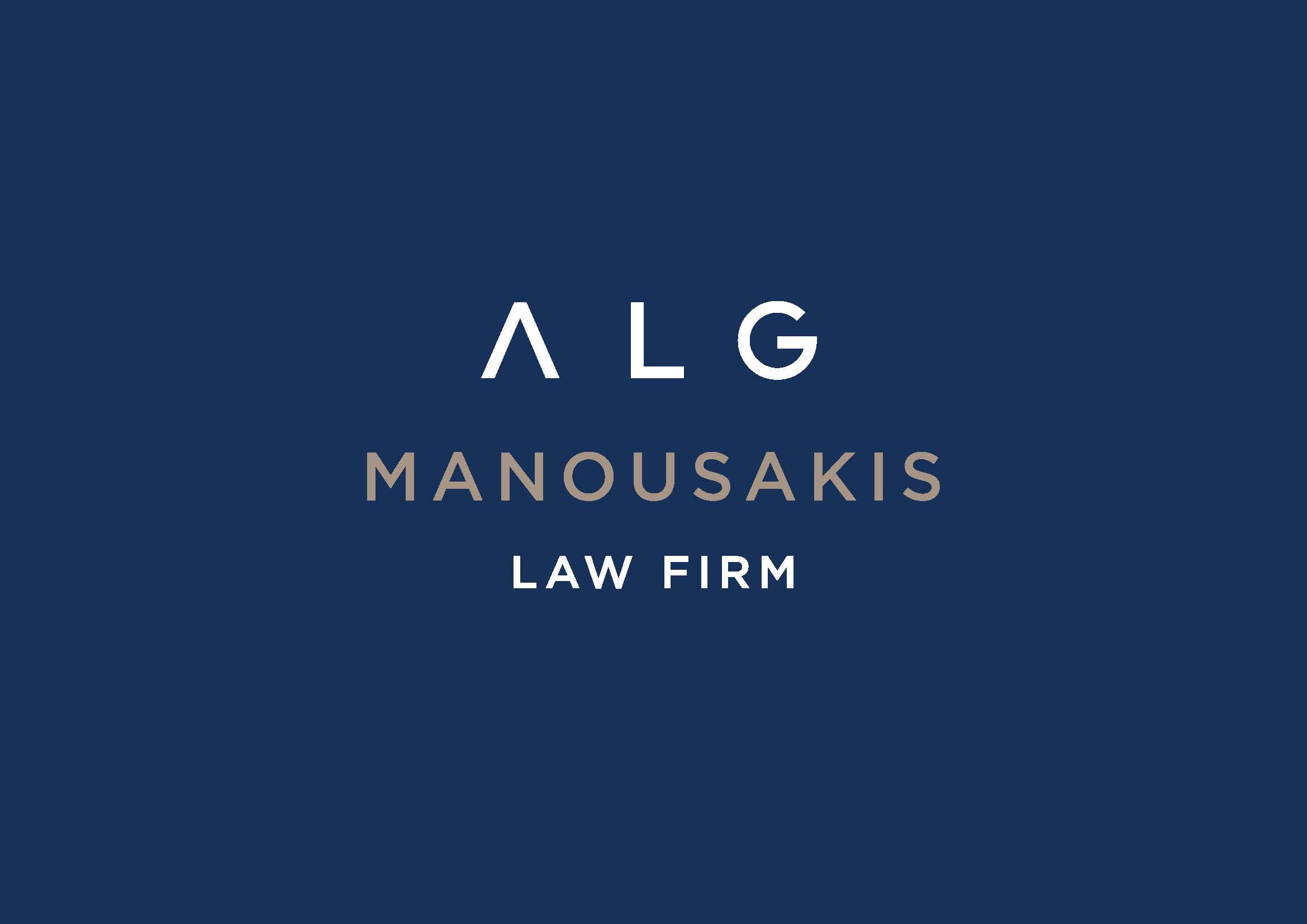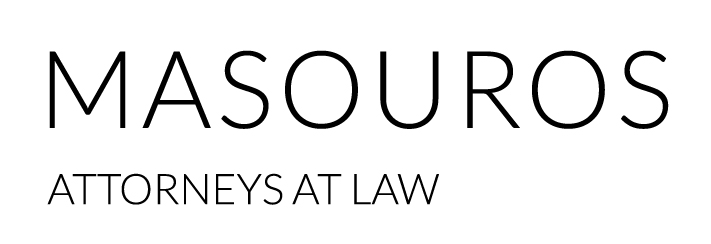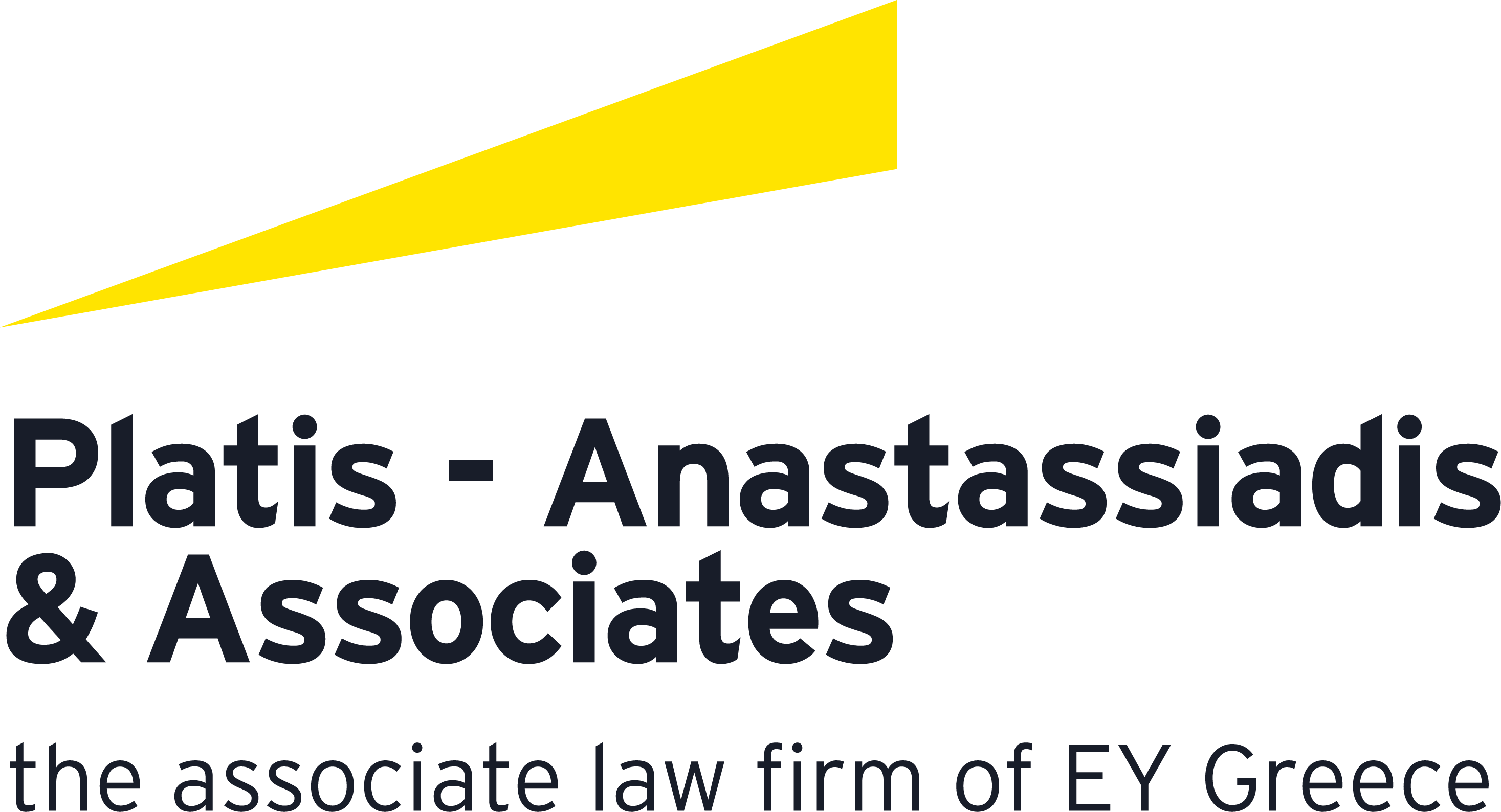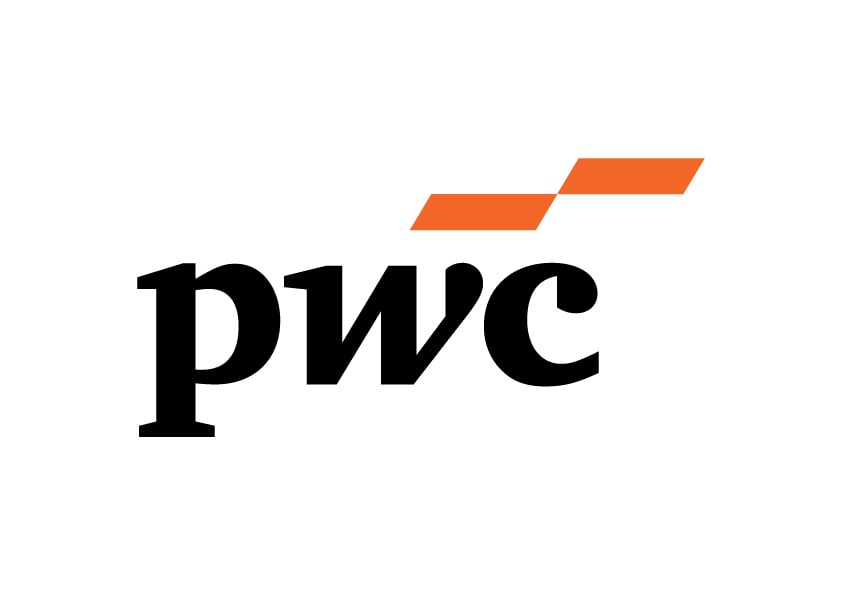Event Report
On June 19, Legal 500 returned to Athens for its annual GC Summit: Greece 2025, bringing together the country’s in-house legal community, at the King George Hotel, for a day of high-level discussion on the shifting legal landscape and the evolving role of general counsel. The conference served as a platform to examine Greece’s most pressing legal and regulatory developments, with a focus on practical insights and peer-to-peer exchange.
The day began with opening remarks from Francisco Castro, Research Editor at Legal 500, who welcomed delegates and set the tone for the event by underscoring the importance of preserving platforms where corporate lawyers can not only stay informed about key legal challenges and opportunities, but also engage in meaningful dialogue with peers. He emphasised that such gatherings are essential for sharing insights, refining best practices, and strengthening the collective expertise of the in-house legal community.
The first session, led by headline sponsor, Thesis Law Firm, explored the rapid legal and institutional transformation of Greece’s real estate sector. Panellists examined the impact of Law 5197/2025, introduced in response to recent rulings from the Council of State, and discussed the implications for permitting, investor incentives, and risk management. The discussion also addressed Greece’s digital modernisation efforts through Law 5142/2024, the use of AI in land registries, and changes in investor focus on large-scale integrated developments. The panel concluded by assessing how the new FDI screening mechanism under Law 5202/2025 is reshaping cross-border transactions.
The second session, in association with Platis – Anastassiadis & Associates (EY Greece), shifted focus to the employment of third-country nationals in Greece, an increasingly vital issue amid talent shortages in key industries. The panel offered a comprehensive overview of regulatory requirements surrounding lawful entry, work permits, and recognition of qualifications. Speakers emphasised the need for internal controls, compliance with anti-discrimination obligations, and the strategic value of legal departments in enabling companies to access global talent responsibly and lawfully.
Following a short coffee break, the programme resumed with a discussion led by Papapolitis & Papapolitis on employment challenges in the modern business environment. Speakers analysed Greece’s digital labour reforms, including the ERGANI II system, the Digital Work Card, and evolving remote work regulations. The session highlighted gaps in implementation – especially around remote work tracking and procedural delays under Law 5053/2023 – and considered broader obligations under EU directives on equal pay and workplace safety. Attendees gained practical insight into how businesses can align with new standards while maintaining operational efficiency.
The fourth session, brought to the event by PwC Legal and titled “Legal of the New Era”, addressed the transformation of legal departments from cost centres to strategic partners. Experienced general counsel from diverse sectors reflected on the skills needed for future legal leadership, including cross-functional collaboration, technological literacy, and an appetite for innovation. The discussion also touched on the ideal training path for aspiring GCs and the long-term value legal teams bring to enterprise-wide decision-making.
Following this, attendees enjoyed a lunch break, a chance to step away from the sessions, enjoy some food and refreshments, and continue the conversation in a more informal setting. It offered an opportunity to reflect on the insights shared throughout the morning, exchange perspectives on key topics, and connect with peers, including both familiar and new faces from across the in-house legal community.
In the early afternoon, the spotlight turned to data privacy and cybersecurity, where ALG Manousakis Law Firm and guest speakers unpacked the global and EU regulatory frameworks shaping corporate obligations. The panel explored practical approaches to managing digital risks, incident reporting, and data governance. Experts stressed the need for harmonised compliance strategies, particularly for companies operating across jurisdictions, and discussed how legal teams can lead in operationalising cybersecurity frameworks internally.
The final panel of the day, led by Masouros & Partners, explored the realities of Greek M&A transactions, highlighting the gap between market optimism and the complex negotiations that unfold behind closed doors. Panellists shared candid reflections on regulatory ambiguity, due diligence pitfalls, and the importance of building agreements that can withstand post-closing challenges. Rather than focusing on theoretical structures, the conversation drew from real-world experience to provide attendees with actionable guidance.
Francisco Castro returned to the stage to deliver closing remarks, thanking all participants for their contributions and reaffirming the conference’s purpose: to foster open dialogue, practical learning, and mutual support among legal leaders navigating an increasingly complex environment.
The event concluded with a dedicated networking session, allowing attendees to reflect on the day’s discussions and connect with peers from across industries. GC Summit: Greece 2025 confirmed itself as a valuable forum for legal professionals seeking both strategic insight and practical tools to thrive in the modern corporate landscape.
Legal 500 thanks all partnering law firms for their continued support and is looking forward to returning to Athens later this year for the release of the GC Powerlist: Greece & Cyprus 2025.
